Home>Gardening & Outdoor>Plant Care & Gardening Tips>How To Deter Doves From Eating Wildflower Seed?
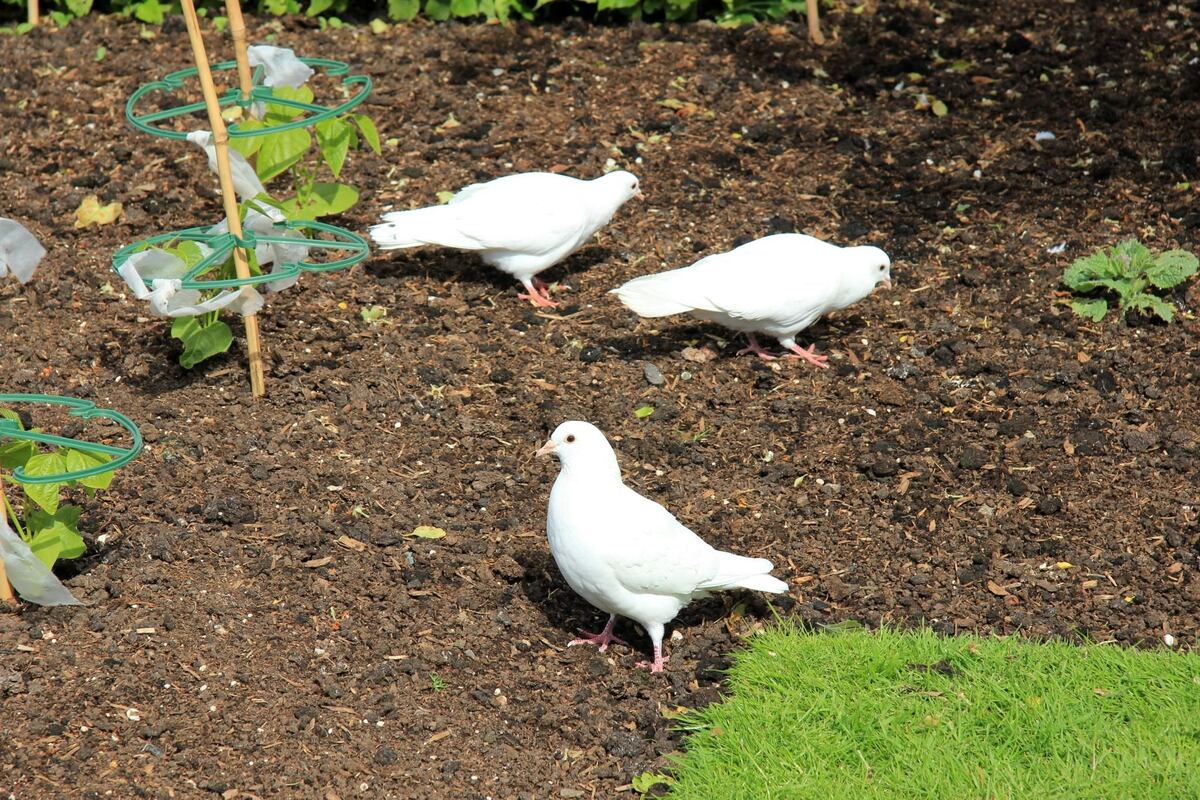

Plant Care & Gardening Tips
How To Deter Doves From Eating Wildflower Seed?
Modified: October 20, 2024
Discover effective plant care and gardening tips to deter doves from eating wildflower seeds. Learn how to protect your garden and promote successful seed growth.
(Many of the links in this article redirect to a specific reviewed product. Your purchase of these products through affiliate links helps to generate commission for Storables.com, at no extra cost. Learn more)
Introduction
Gardening enthusiasts often find themselves facing the challenge of deterring doves from feasting on wildflower seeds. While these gentle birds are a delight to observe, their voracious appetite for seeds can pose a significant obstacle to cultivating a flourishing wildflower garden. However, fear not, as there are numerous effective methods to discourage doves from devouring your precious seeds. By gaining insight into the behavior of doves and implementing a combination of physical and natural deterrents, you can create an environment that is less inviting to these feathered foragers.
In this comprehensive guide, we will delve into the various strategies and techniques that can be employed to deter doves from indulging in wildflower seeds. Understanding the behavior of doves is crucial in devising an effective plan of action. By incorporating physical deterrents, such as protective barriers and decoys, and harnessing the power of natural deterrents, like scent and taste aversions, you can safeguard your wildflower seeds from being devoured by these persistent birds.
Join us as we explore the art of creating an unattractive environment for doves, thereby preserving the integrity of your wildflower garden. Let's embark on this journey to discover the most effective methods for deterring doves and nurturing a thriving wildflower haven.
Key Takeaways:
- Protect wildflower seeds from doves by using nets, decoy predators, and barriers. These physical deterrents safeguard the garden’s beauty without harming the gentle birds.
- Deter doves with natural scents, spicy repellents, and reflective objects. Create an unappealing environment for doves while nurturing a thriving wildflower garden.
Read more: What Seeds Do Mourning Doves Eat
Understanding the Behavior of Doves
Before implementing deterrents, it is essential to comprehend the behavior of doves and the factors that attract them to wildflower seeds. Doves, known for their gentle and amiable nature, are ground-feeding birds with a keen appetite for seeds. Their preference for open, spacious areas makes them particularly drawn to gardens and lawns where wildflower seeds are readily available.
These birds are equipped with a remarkable sense of sight and are adept at spotting seeds from a considerable distance. Their feeding habits are often influenced by the availability of food sources, and once a reliable food supply is identified, doves are inclined to return to the same location repeatedly.
Furthermore, doves are known to be persistent and adaptable, making them a formidable challenge for gardeners aiming to protect their wildflower seeds. With their gentle cooing and endearing demeanor, doves can easily win the hearts of onlookers, but their insatiable appetite for seeds can prove to be detrimental to a flourishing wildflower garden.
By gaining insight into the behavior of doves, gardeners can devise effective strategies to deter them without causing harm. Understanding their feeding patterns, preferred environments, and adaptability is crucial in implementing deterrent measures that discourage their presence without causing distress.
With this understanding as our foundation, we can now explore the various methods for deterring doves from consuming wildflower seeds, ensuring the preservation of your garden’s natural beauty and diversity.
Implementing Physical Deterrents
When it comes to deterring doves from accessing wildflower seeds, physical barriers and deterrents can be highly effective. These methods aim to create obstacles that prevent doves from reaching the seeds, thereby minimizing their ability to feed on the precious flora. Here are some practical physical deterrents that can be implemented to protect wildflower seeds from dove consumption:
- Protective Netting: Covering the area where wildflower seeds are sown with fine mesh or protective netting can serve as a formidable barrier against doves. The netting should be securely fastened to prevent the birds from gaining access to the seeds while still allowing sunlight and water to reach the plants.
- Decoy Predators: Placing decoy predators, such as fake owls or hawks, in the vicinity of the wildflower garden can deter doves by creating the illusion of potential danger. Doves are naturally cautious and will be reluctant to approach an area where they perceive a threat from predatory birds.
- Physical Barriers: Erecting physical barriers, such as low fences or wire enclosures, around the wildflower garden can effectively restrict the access of doves. These barriers should be designed to prevent the birds from landing and accessing the seeds without causing harm to them.
By incorporating these physical deterrents, gardeners can create a protective shield around their wildflower seeds, reducing the likelihood of dove interference. It is important to ensure that these deterrents are installed thoughtfully and do not impede the growth or natural development of the wildflowers.
When utilizing physical deterrents, it is crucial to regularly inspect and maintain the barriers to ensure their effectiveness. Additionally, combining physical deterrents with other methods, such as natural deterrents, can enhance the overall efficacy of the dove deterrence strategy.
By implementing these physical deterrents with care and consideration, gardeners can safeguard their wildflower seeds from the persistent foraging behavior of doves, allowing the natural beauty of the garden to flourish undisturbed.
To deter doves from eating wildflower seeds, try using physical barriers like netting or wire mesh to cover the seeds. You can also try using scare tactics like hanging shiny objects or using a motion-activated sprinkler to startle the doves away.
Using Natural Deterrents
Employing natural deterrents can offer an environmentally friendly and sustainable approach to deterring doves from consuming wildflower seeds. These methods harness the power of scent and taste aversions to discourage the birds from foraging in the garden, without causing harm to the doves or the surrounding ecosystem. Here are some effective natural deterrents that can be utilized to protect wildflower seeds from dove consumption:
- Strong Scents: Doves are sensitive to strong odors, making the strategic placement of aromatic deterrents an effective means of deterring them. Consider using natural scents such as citrus peels, cloves, or strong herbs like rosemary and thyme near the wildflower garden to create an environment that is unappealing to doves.
- Spicy Repellents: The application of spicy substances, such as chili powder or hot pepper flakes, can act as a powerful deterrent for doves. Sprinkling these repellents around the perimeter of the wildflower garden can dissuade the birds from venturing near the seeds due to the aversive taste and sensation.
- Reflective Objects: Doves are wary of unfamiliar and reflective objects. By placing reflective materials, such as aluminum foil strips or reflective tape, in the vicinity of the wildflower garden, the birds can be deterred by the unsettling visual stimuli, reducing their inclination to approach the area.
It is important to note that natural deterrents should be applied strategically and in a manner that minimizes the impact on the surrounding environment. These methods aim to create an unappealing and aversive environment for doves without causing harm to the birds or disrupting the natural balance of the ecosystem.
Regular monitoring and reapplication of natural deterrents may be necessary to maintain their effectiveness, especially after periods of rain or wind that could diminish their potency. By combining natural deterrents with other strategies, such as physical barriers, gardeners can create a multi-faceted approach to deterring doves and protecting their wildflower seeds.
By harnessing the power of natural deterrents, gardeners can create an environment that discourages dove foraging while promoting the growth and vitality of their wildflower garden, fostering a harmonious coexistence between humans and wildlife.
Creating an Unattractive Environment
Transforming the garden into an unattractive environment for doves can significantly reduce their inclination to feed on wildflower seeds. By implementing a range of strategies that modify the garden’s appeal to doves, gardeners can effectively discourage the birds from foraging in the area. Here are some approaches to creating an unattractive environment for doves:
- Reduce Ground Feeding Areas: Minimize open ground feeding areas by incorporating dense plantings and ground cover. Doves are less likely to forage in areas with limited visibility and access to scattered seeds, making dense vegetation an effective deterrent.
- Regular Garden Maintenance: Keeping the garden tidy and free of fallen seeds and debris can dissuade doves from frequenting the area. Regularly clearing away fallen seeds and maintaining a clean garden environment can reduce the availability of food sources for the birds.
- Strategic Plant Selection: Choose plant species that are less attractive to doves for incorporation into the garden. Opt for plants with small, inconspicuous seeds or those with natural defenses, discouraging doves from targeting the garden as a food source.
Creating an unattractive environment for doves involves thoughtful planning and strategic modifications to the garden landscape. By reducing the appeal of the garden as a feeding ground, gardeners can effectively minimize the presence of doves and protect their wildflower seeds from consumption.
Additionally, the implementation of bird feeders in alternative locations away from the wildflower garden can redirect the attention of doves, providing them with an alternative food source while preserving the integrity of the garden. By offering a designated feeding area for doves, gardeners can mitigate their impact on the wildflower seeds.
By integrating these strategies and cultivating an environment that is less inviting to doves, gardeners can create a harmonious balance between nurturing a thriving wildflower garden and respecting the natural behaviors of these gentle birds.
Read more: How To Get Seeds From Wildflowers
Conclusion
In the pursuit of cultivating a flourishing wildflower garden, the presence of doves and their affinity for consuming seeds can present a formidable challenge. However, armed with a deeper understanding of dove behavior and a diverse array of deterrent strategies, gardeners can effectively protect their wildflower seeds from the persistent foraging of these gentle birds.
By implementing physical deterrents, such as protective netting, decoy predators, and strategic barriers, gardeners can create a fortified defense against dove interference. These measures serve to safeguard the wildflower seeds while preserving the natural beauty of the garden.
Furthermore, the utilization of natural deterrents, including strong scents, spicy repellents, and reflective objects, offers a sustainable and environmentally conscious approach to deterring doves. These methods create an unappealing environment for doves without causing harm to the birds or the surrounding ecosystem.
Creating an unattractive environment for doves through thoughtful garden design and strategic plant selection further reinforces the defense against dove foraging. By minimizing open ground feeding areas and maintaining a tidy garden environment, gardeners can reduce the allure of the garden as a feeding ground for doves.
As we conclude this journey of dove deterrence in wildflower gardens, it is evident that a multi-faceted approach, incorporating physical barriers, natural deterrents, and garden modifications, is crucial in mitigating the impact of dove foraging. By harmoniously integrating these strategies, gardeners can cultivate a thriving wildflower haven while respecting the natural behaviors of doves.
Ultimately, the coexistence of wildflower gardens and doves is achievable through the thoughtful application of deterrent methods, fostering a symbiotic relationship between the natural world and the gardener’s vision. With a blend of ingenuity and compassion, gardeners can protect their wildflower seeds and revel in the splendor of a vibrant and undisturbed garden sanctuary.
Frequently Asked Questions about How To Deter Doves From Eating Wildflower Seed?
Was this page helpful?
At Storables.com, we guarantee accurate and reliable information. Our content, validated by Expert Board Contributors, is crafted following stringent Editorial Policies. We're committed to providing you with well-researched, expert-backed insights for all your informational needs.
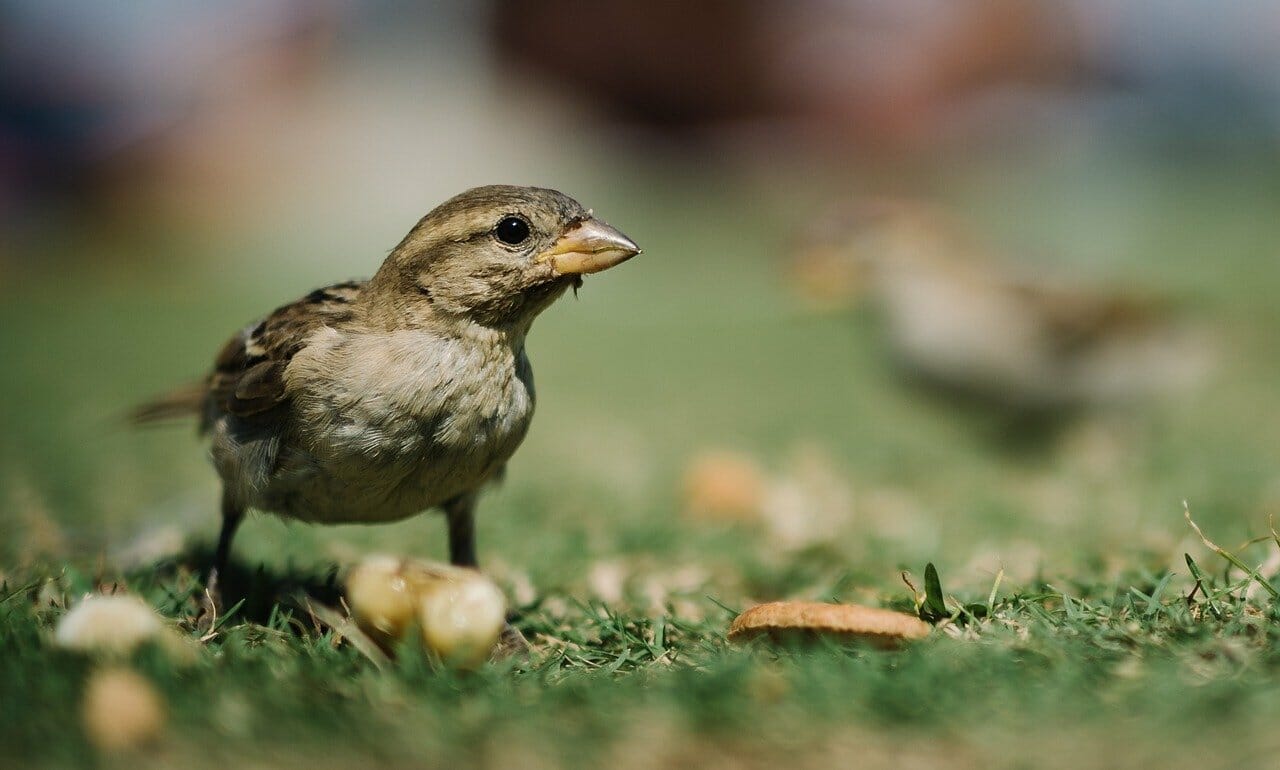
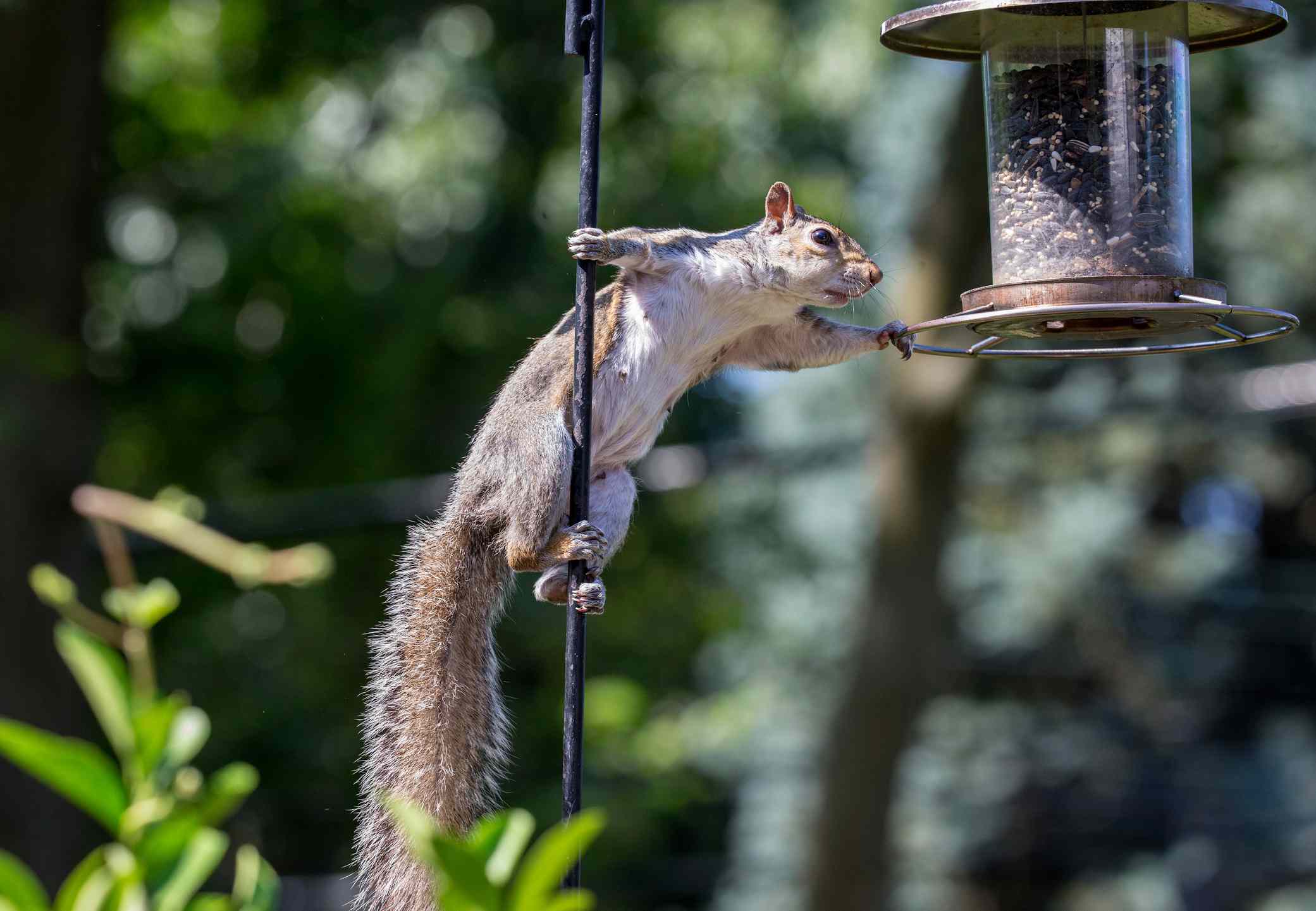
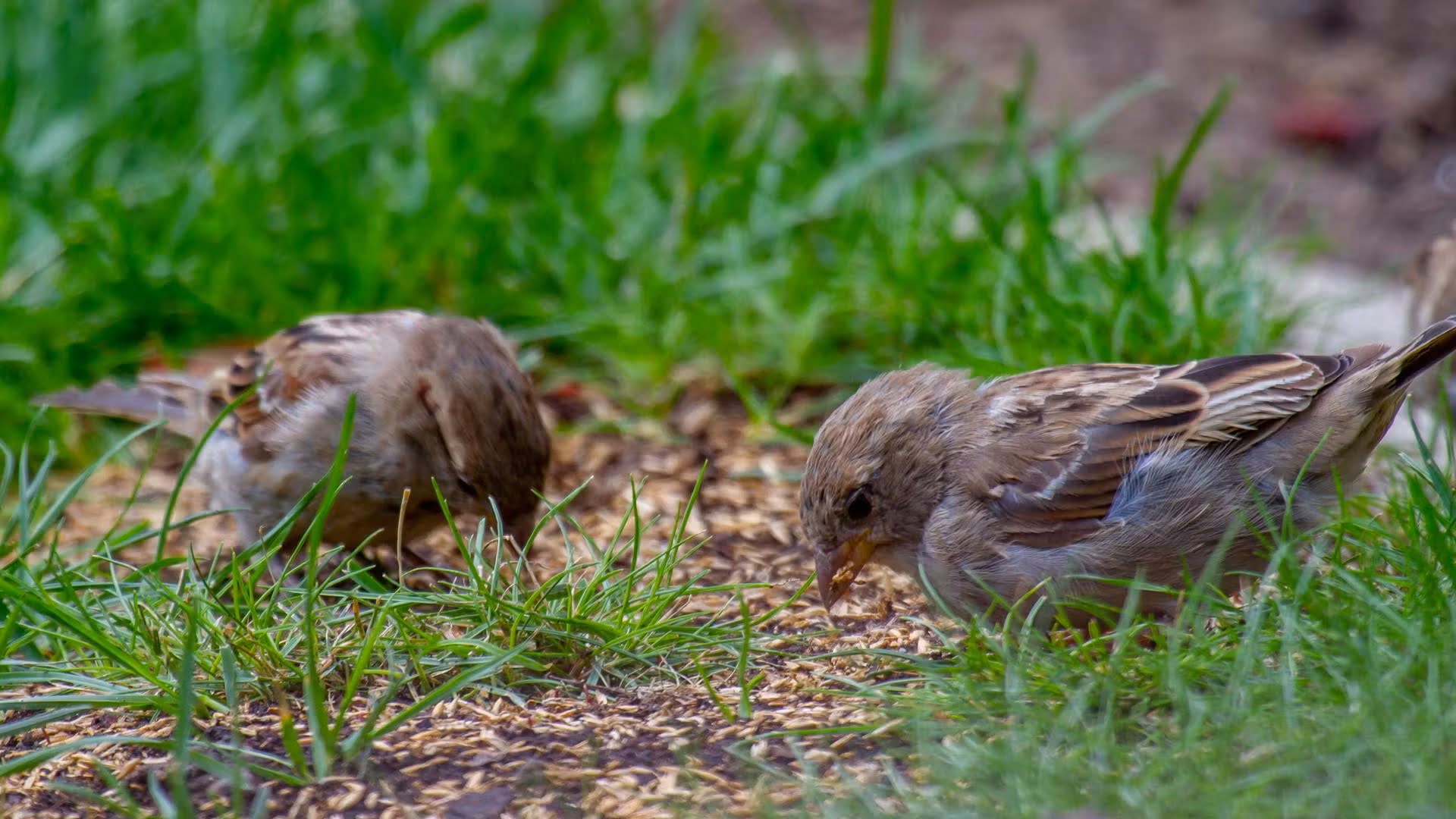
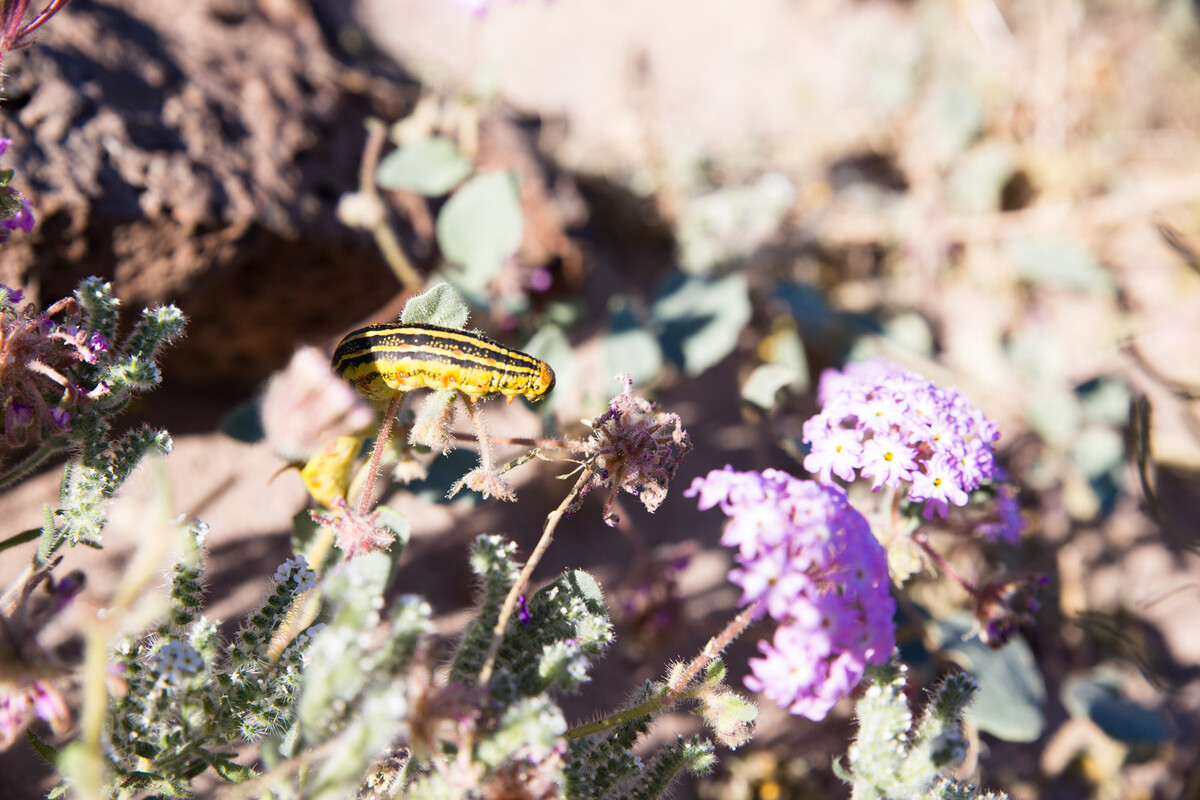
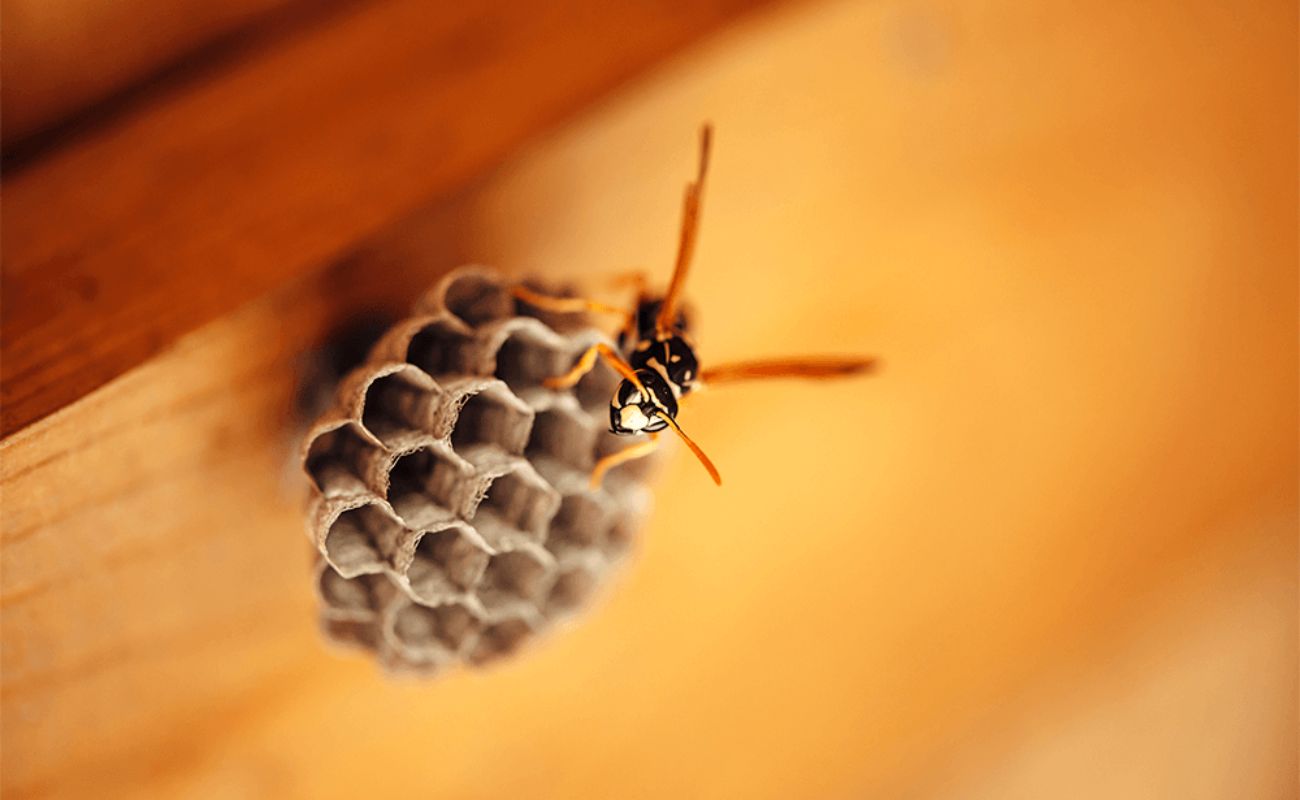
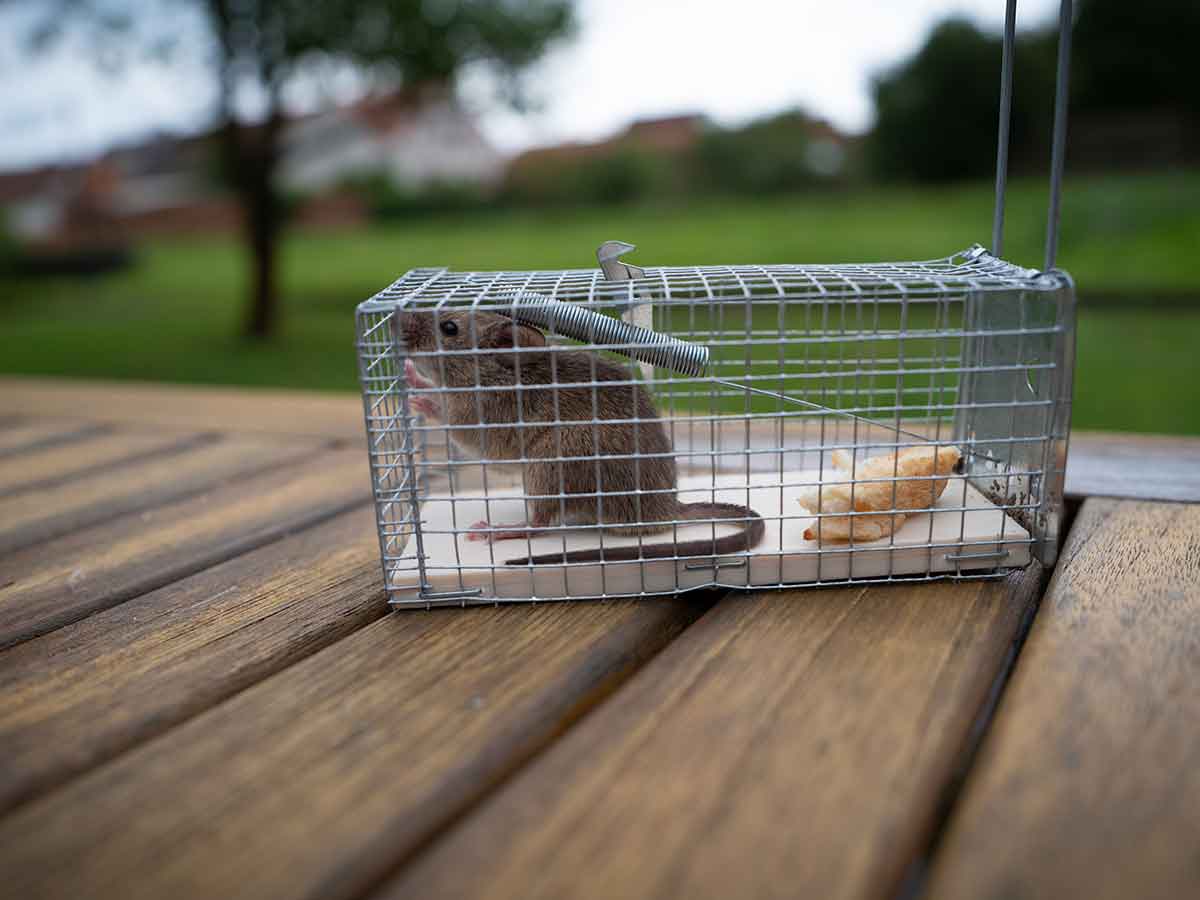

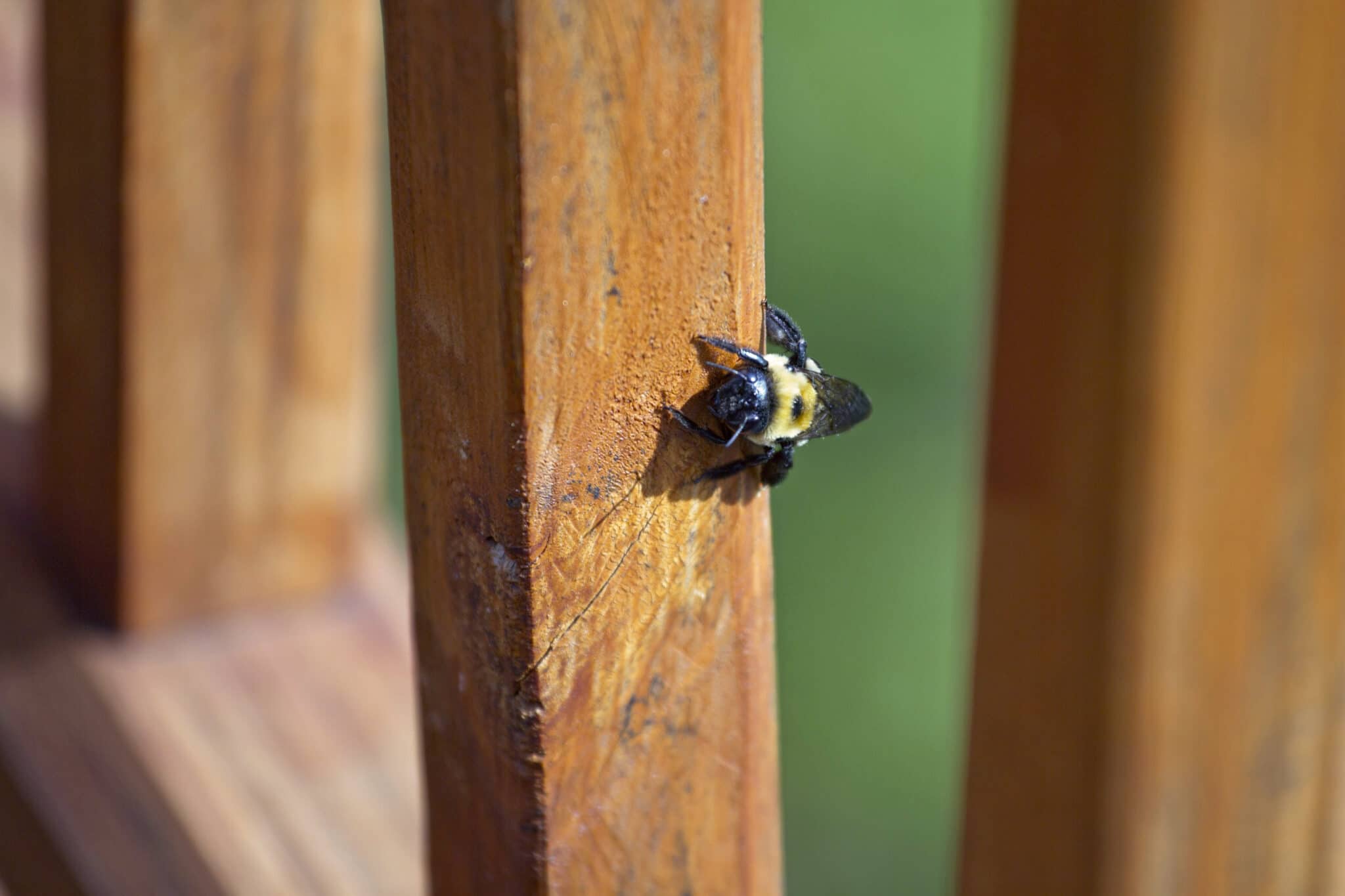
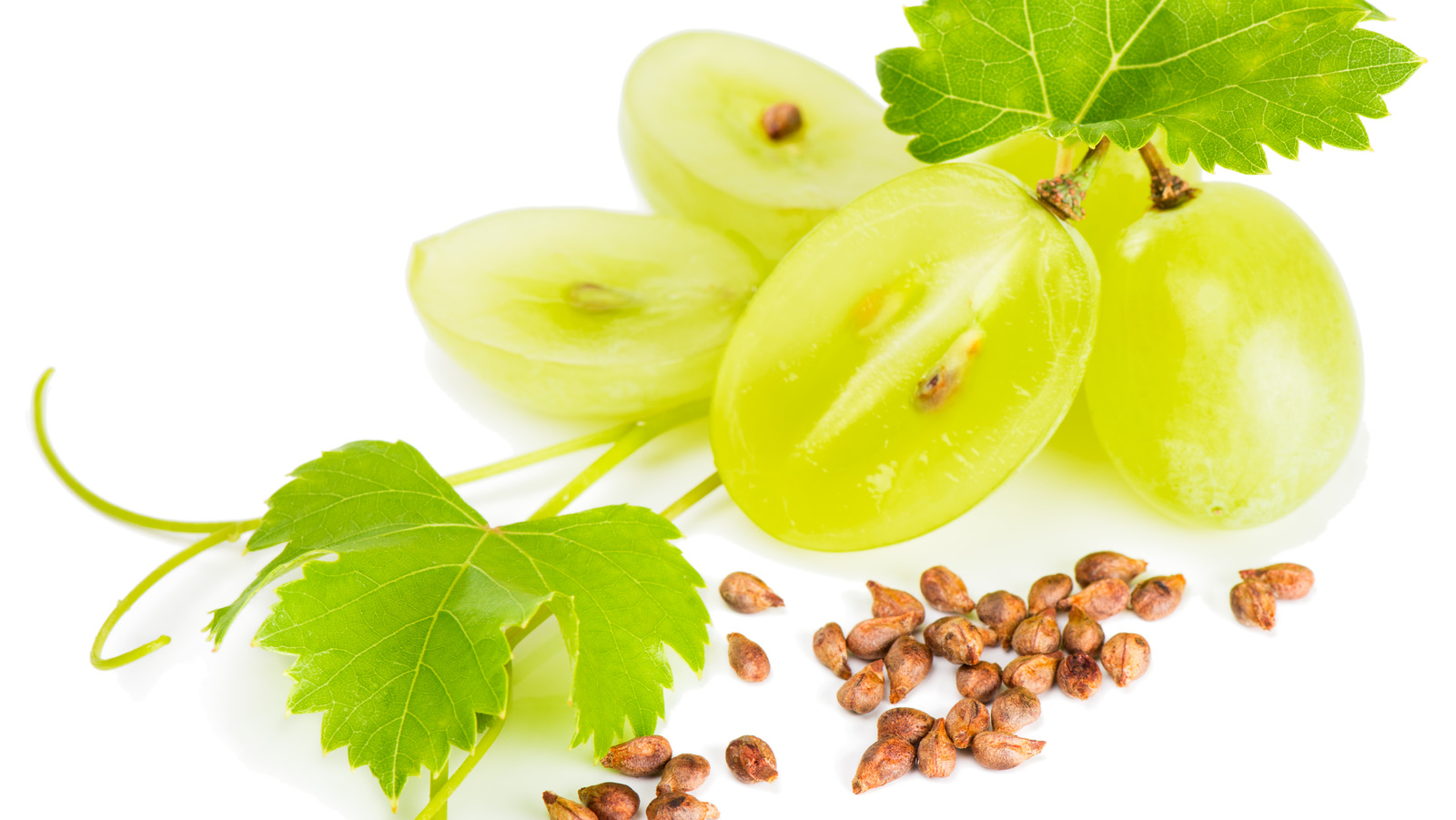
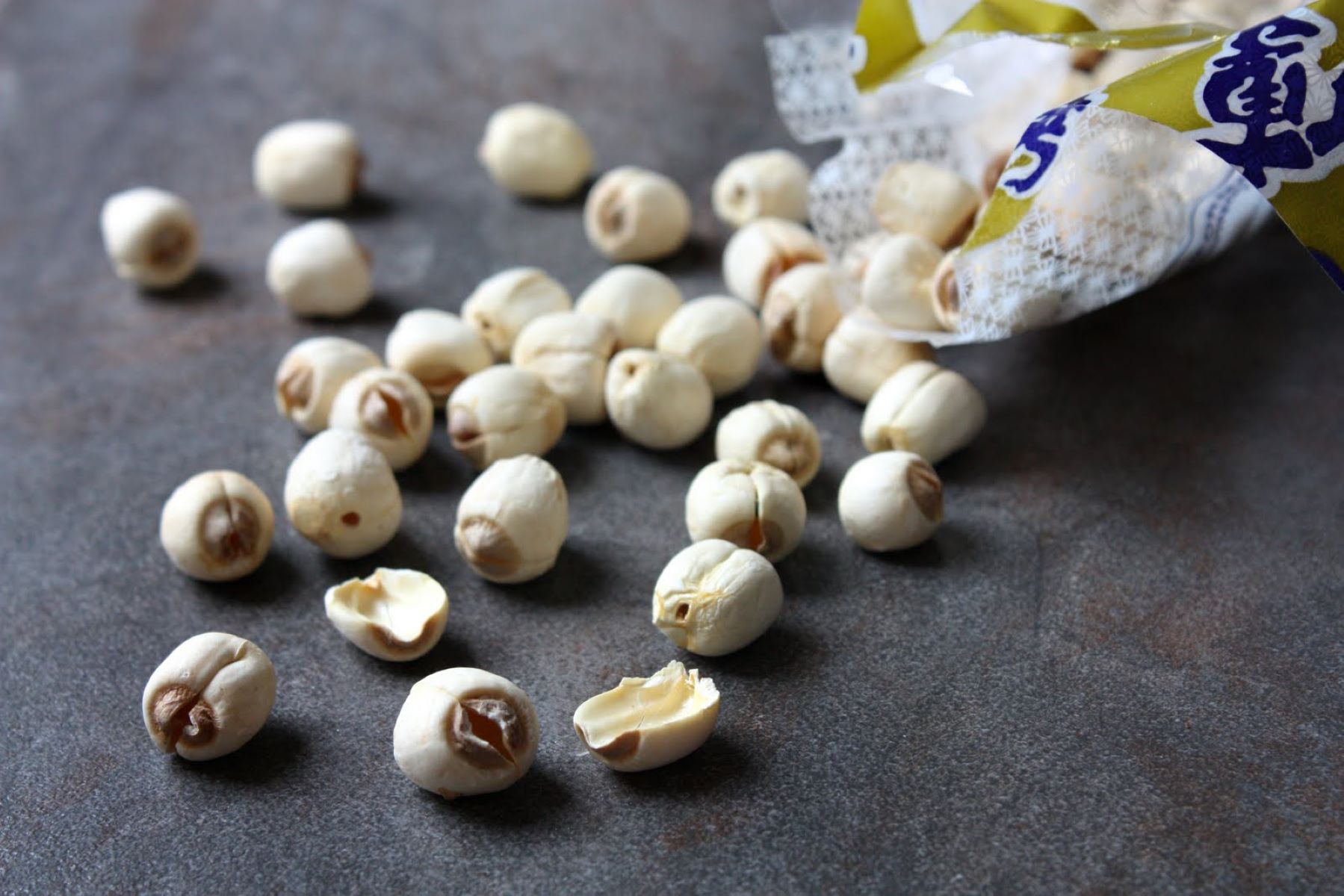
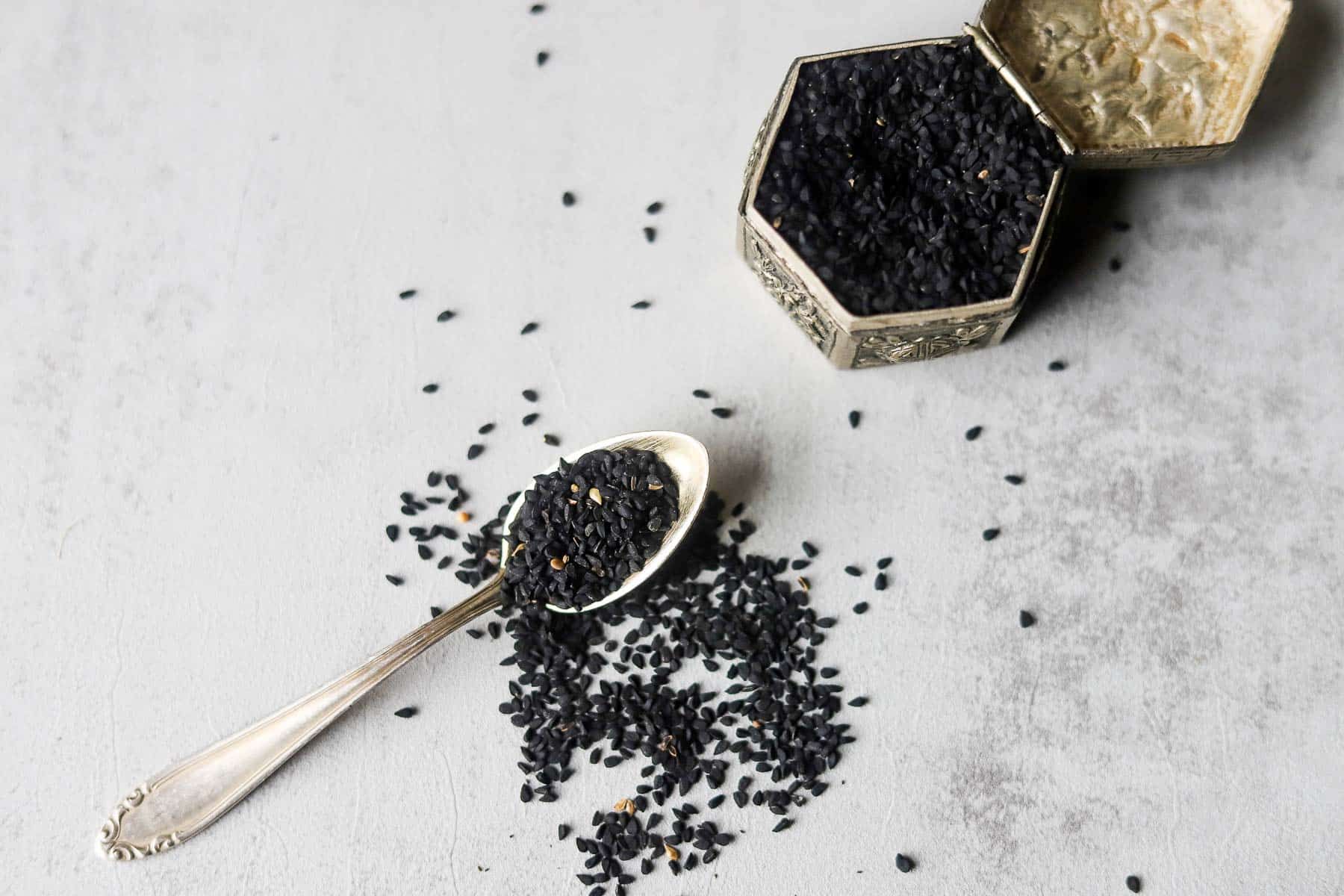
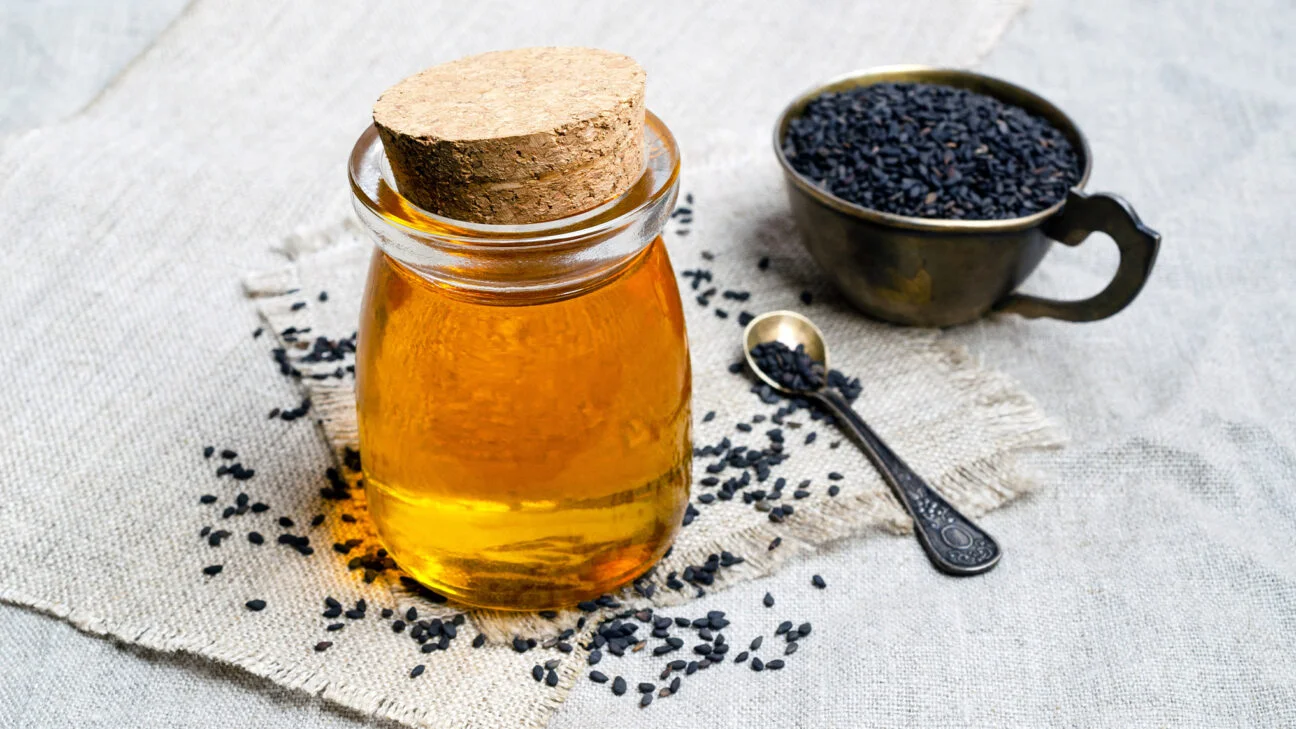
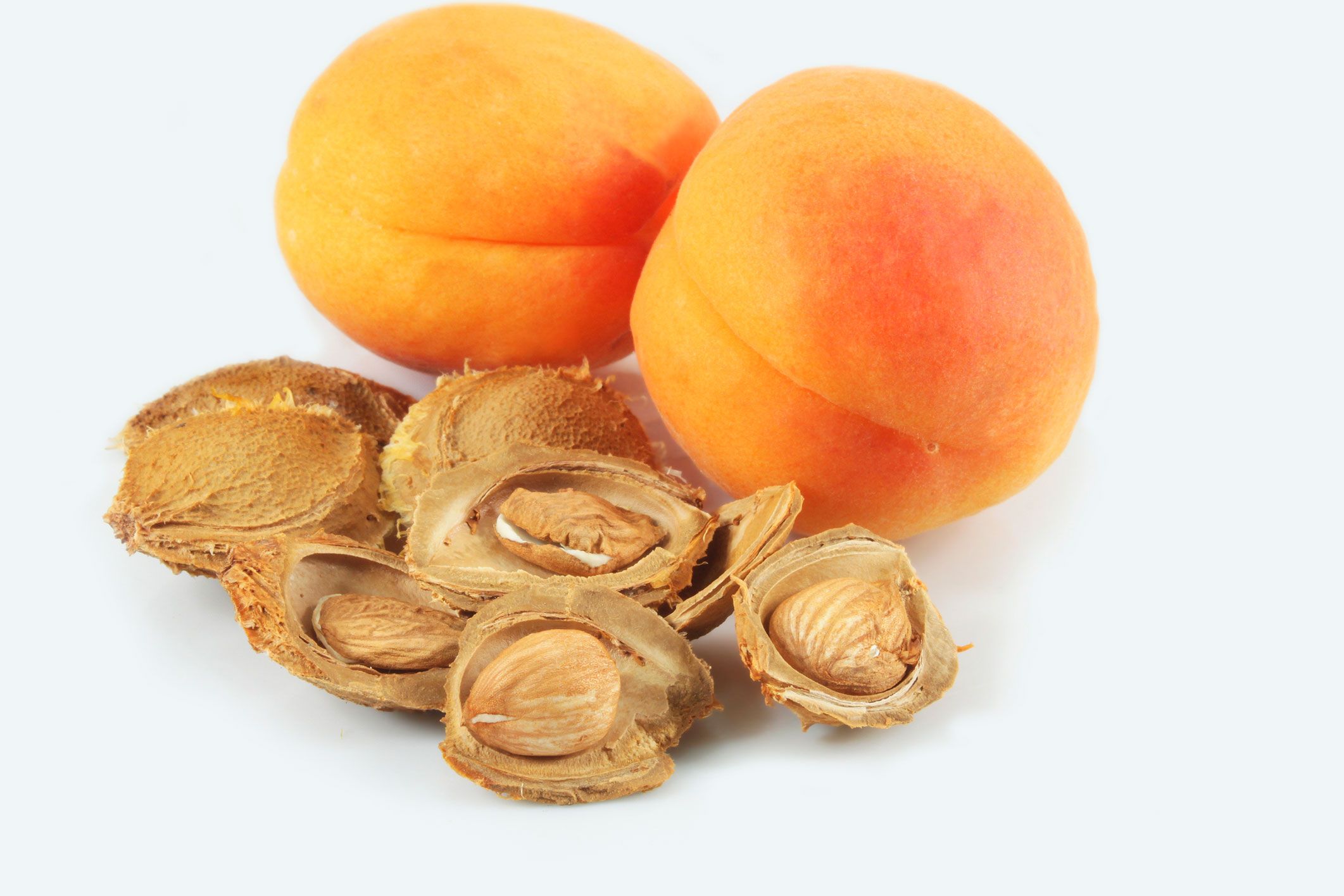
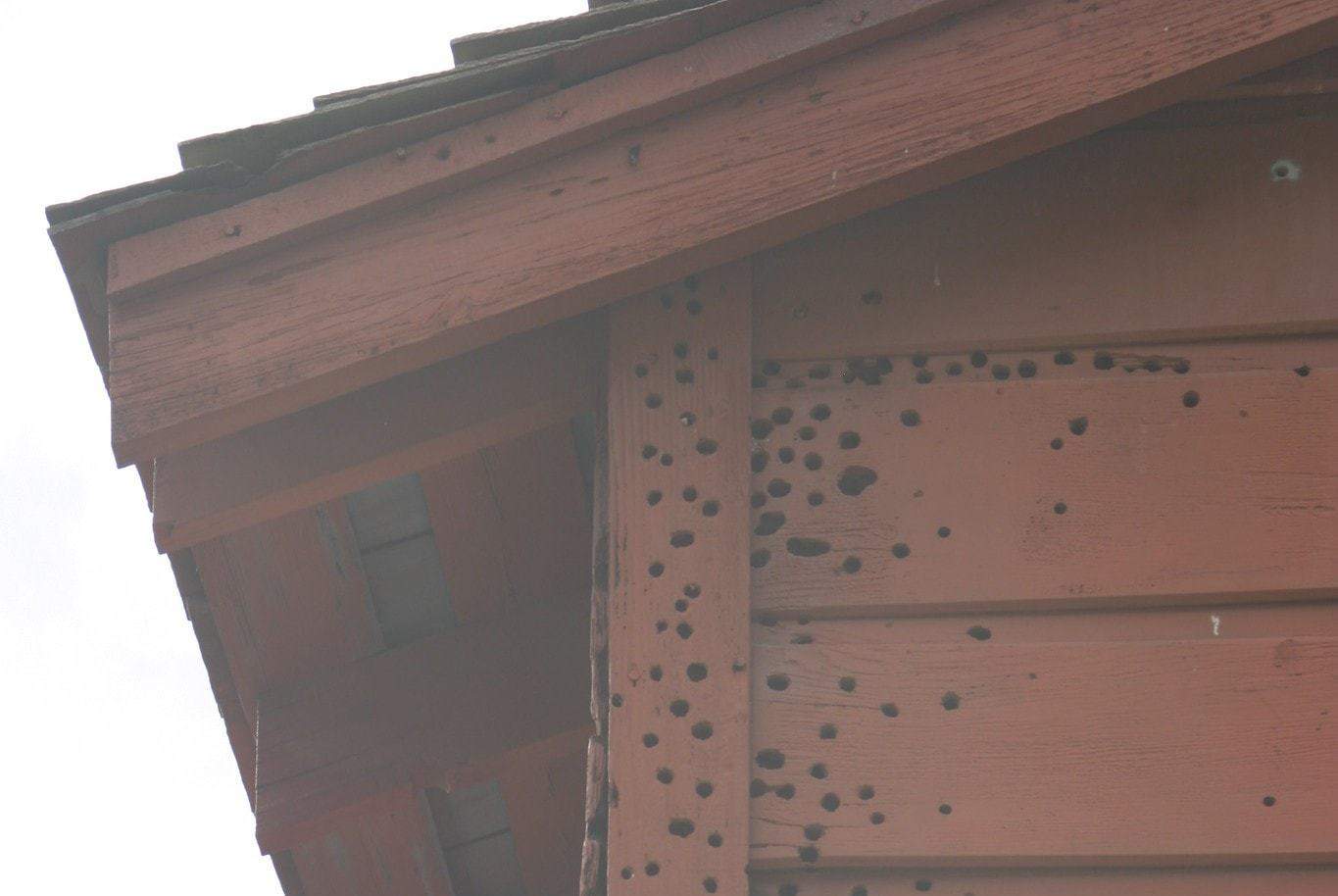

0 thoughts on “How To Deter Doves From Eating Wildflower Seed?”